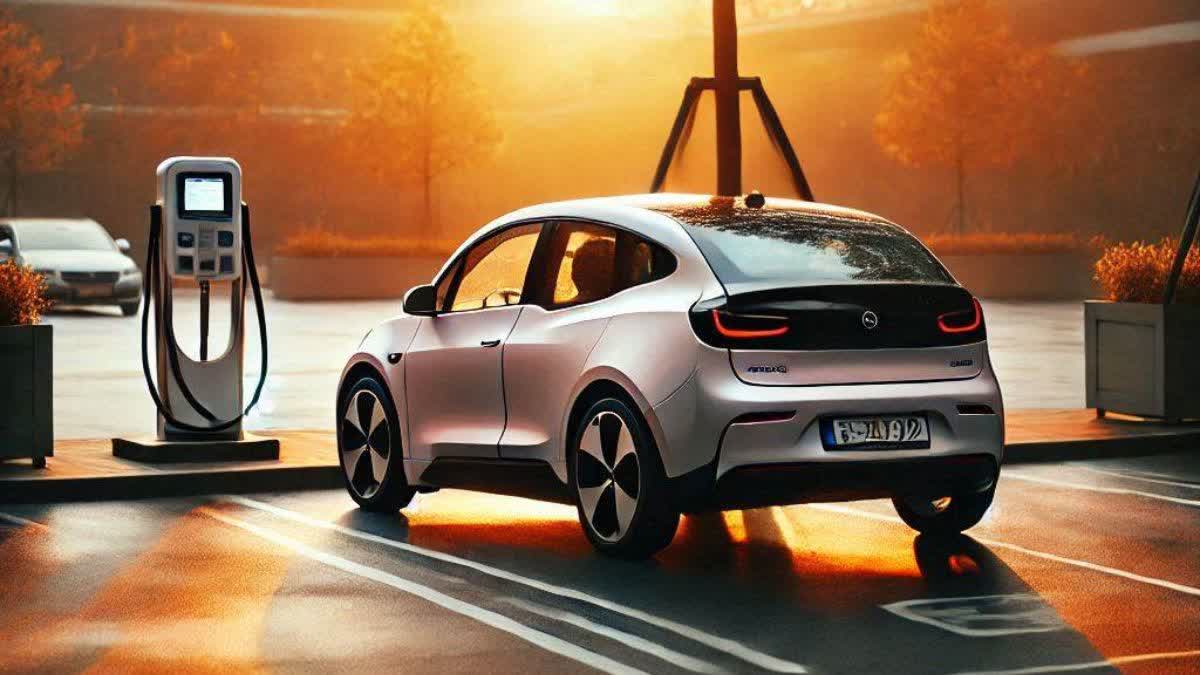Hyderabad: New research from Stanford University and SLAC National Accelerator Laboratory has spelt good news for electric vehicle owners. As per the research, the existing EV batteries may last up to 40 per cent longer in real-world driving conditions compared to laboratory test predictions.
In real life, electric vehicles are subjected to heavy traffic, long highway trips, and short city trips, and stay parked for extended periods of time, which is entirely different from lab tests. Traditional tests use a constant rate of discharge and rapid cycling and hence do not accurately predict the lifespan of batteries for everyday commuting, according to a study published in Nature Energy.
This means EV batteries could last longer in real-world conditions than previously thought. Since batteries make up about a third of a new EV's cost, current and future EV owners would feel elated with the results of the new study.
Simona Onori, a senior author and associate professor at Stanford, highlighted that traditional lab tests don't accurately predict the lifespan of EV batteries, adding that real driving conditions, including frequent acceleration, braking, and rest periods, actually help batteries last longer than previously expected.
Researchers tested 92 commercial lithium-ion batteries over two years with various discharge profiles, finding that realistic driving behaviours, like frequent stops and accelerations, led to longer battery life. A machine learning algorithm helped identify factors contributing to this unexpected longevity, such as sharp, short accelerations slowing down battery degradation. This challenges the previous belief that acceleration peaks are harmful to batteries.
The research explored two types of battery ageing-- cycle ageing (due to many charge-discharge cycles) and time-induced ageing (from batteries sitting unused). Time-induced ageing is more significant than cycle ageing for typical EV owners who use their cars intermittently. The study found a balance between these two ageing types, suggesting that carmakers could update battery management software to extend battery life in real-world conditions.
Energy science and engineering postdoctoral scholar Le Xu emphasised the importance of evaluating new battery chemistries and designs with realistic demand profiles to improve battery longevity. This approach could enhance the understanding of ageing mechanisms and lead to better control algorithms for existing battery architectures.
The study's principles may also benefit other energy storage applications and materials, such as plastics, glasses, solar cells, and biomaterials. Integrating expertise from various fields is crucial for advancing innovation.



